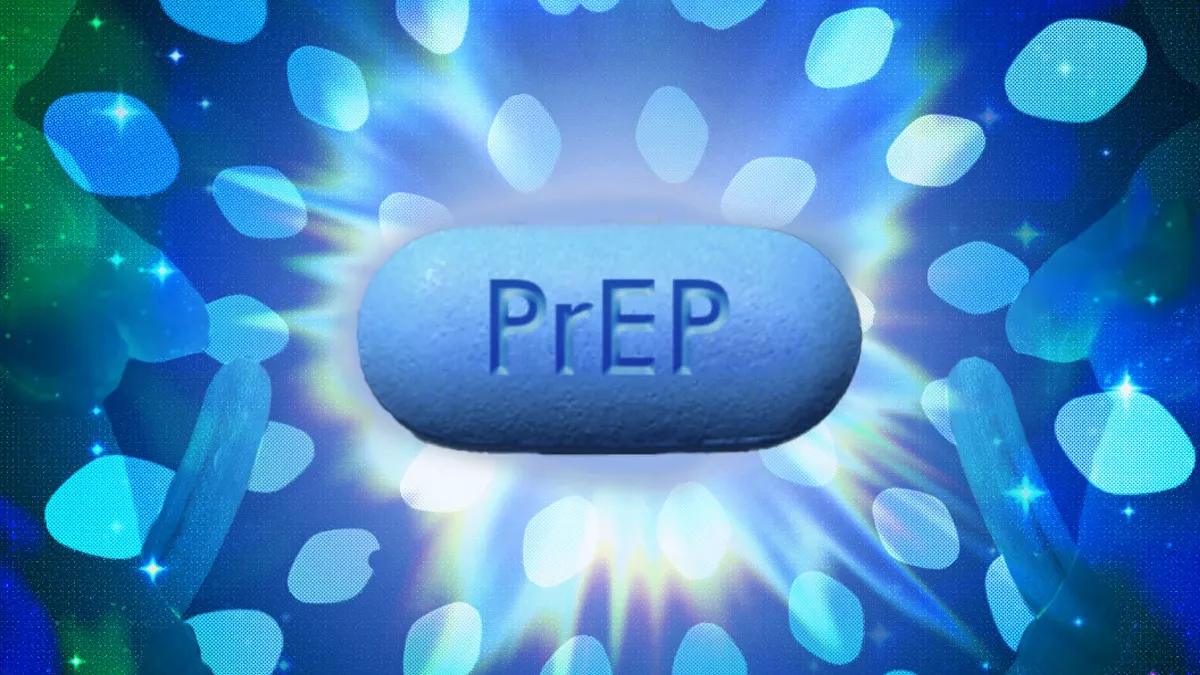How to Take PrEP
14283
PrEP is very effective if taken daily. Studies have shown that daily dosing of co-formulated TDF/FTC can reduce the risk of getting HIV by about 99%

PrEP is very effective if taken daily. Studies have shown that daily dosing of co-formulated TDF/FTC can reduce the risk of getting HIV by about 99%
PULSE CLINIC to take care of your health like more than other 45000 people. We provide discreet professional service with high privacy.